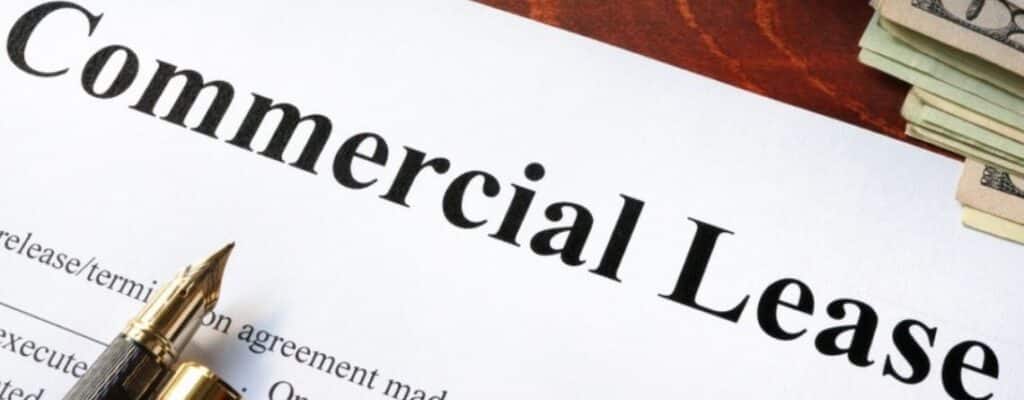Key terms in commercial lease agreements

In the complex world of business leases, understanding the core terminology is crucial for both landlords and tenants. This blog post aims to shed light on key terms in commercial lease agreements, ensuring you are well-equipped to navigate these essential documents effectively.
Arming yourself with knowledge can prevent misunderstandings and foster more harmonious landlord-tenant relationships. Let’s break down these terms to ensure you’re informed and ready to engage in any lease discussions or negotiations.
Introduction to Key Terms in Commercial Leasing
Commercial leases are agreements between landlords and businesses, allowing the use of property for commercial activities. Unlike residential leases, these agreements come with complex terms that can significantly impact your business operations and financial health. Recognizing and understanding these key terms is imperative for making informed decisions.
Below, we delve into some of the most critical aspects of commercial lease agreements, demystifying the jargon to help you navigate your leasing process with confidence.
Rent and Rent Adjustments
Rent is the payment made by the tenant to the landlord for the use of the commercial space. However, it's crucial to look beyond the base rent amount and understand the conditions under which it might increase, known as rent adjustments. These can occur annually and are often tied to indexes such as the Consumer Price Index (CPI).
Rent adjustments ensure that the lease payments keep pace with inflation, but they also mean that tenants need to be prepared for potential increases in their expenses.
Lease Term and Renewal Options
The lease term specifies the duration for which the contract is valid, typically ranging from a few years to over a decade. Equally important are the renewal options, which allow the tenant to extend their lease beyond the initial term under predetermined conditions.
Understanding the length of the lease and your options for renewal is vital for long-term business planning and stability.
Use Clause
This clause defines how tenants can use the leased property, often specifying the type of business that can operate within. It's a critical section as it limits the tenant's operations to ensure they align with the landlord’s intentions for the property and comply with local zoning laws.
Ensuring your business activities are covered under the use clause prevents future disputes and potential eviction scenarios.
Maintenance and Repair Obligations
Maintenance and repair clauses outline the responsibilities of both parties concerning the upkeep of the property. These terms can vary widely; some leases require tenants to handle most repairs, while others place the burden on landlords.
Knowing who is responsible for what aspect of property maintenance can help avoid unexpected expenses and conflicts.
Subleasing and Assignment
Subleasing and assignment clauses determine whether and how a tenant can transfer their lease to another party. These options can be essential for businesses that need flexibility to sublet excess space or assign the lease if they relocate or close.
However, landlords often include restrictions to maintain control over who occupies their property. Understanding these terms is key to evaluating your lease's flexibility.
Termination and Default
These clauses outline the conditions under which the lease can be terminated before the end of the term, including what constitutes a default (such as failing to pay rent). They provide a clear framework for penalties and remedies available to both parties in such cases.
Being aware of the termination and default terms can protect your business from unforeseen circumstances and penalties.
Conclusion
Understanding the key terms in commercial lease agreements is vital for any business owner or manager. These terms not only affect your legal obligations but can have significant implications for your financial planning and operational flexibility. Armed with this knowledge, you can approach lease negotiations and management more confidently, ensuring that your business’s needs are met and protected.
Approaching your commercial lease with this insight can empower you to secure terms that support your business's growth and success over the long term. Remember, when in doubt, consulting with real estate professionals and legal advisors can provide additional clarity and guidance, ensuring that your interests are well-protected.

Related